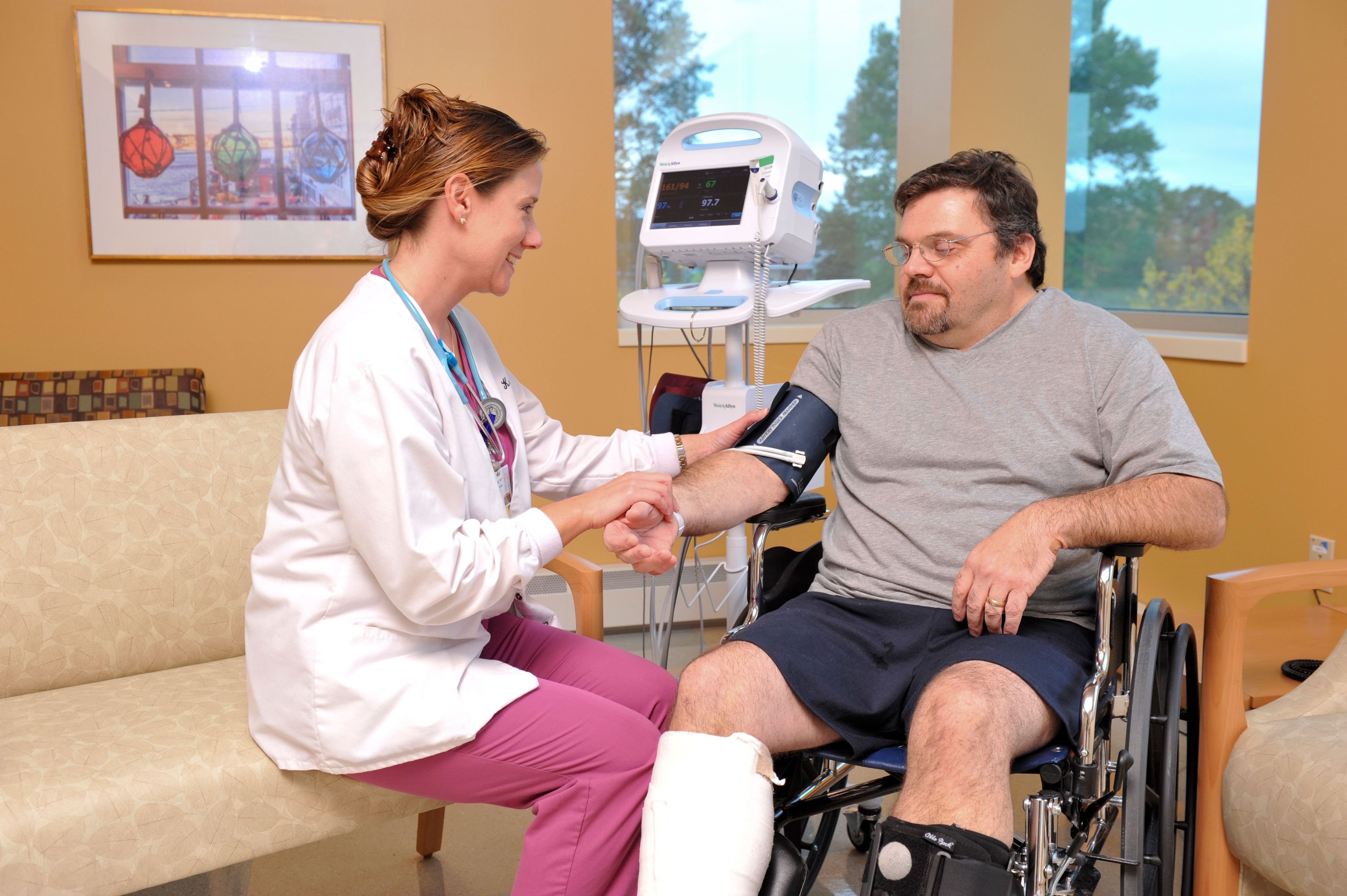Three Extremely Helpful Alcohol Addiction Tips For Small Companies
Albertina Yarno…
0
46
01.12 01:00
 Introduction:
Introduction:Dual Diagnosis refers to the co-occurrence of a psychological state condition and a substance use disorder in someone. These two circumstances frequently occur simultaneously and certainly will complicate the procedure procedure. This report aims to offer a thorough overview of Dual Diagnosis, including its prevalence, risk aspects, affect people, and available treatments.
Prevalence and Danger Aspects:
Studies suggest that Dual Diagnosis is typical, with a significant proportion of an individual suffering both mental health and substance usage conditions. Analysis shows that roughly 50percent of individuals clinically determined to have a severe mental illness also provide a substance use disorder. Additionally, people who have substance use disorders are more inclined to develop a mental wellness condition compared to those without these types of dilemmas.
A few risk factors contribute to the introduction of Dual Diagnosis, including hereditary predisposition, ecological elements, traumatization, and ones own personal history with mental health or substance abuse. It's important to address these risk elements throughout the assessment and treatment procedure to make certain effective care for people who have Dual Diagnosis.
Impact on people:
The coexistence of psychological state and material use conditions can considerably affect an individual's general well being and total well being. Twin Diagnosis often causes complex and intertwined difficulties, eg increased rates of hospitalizations, greater committing suicide prices, poor treatment effects, homelessness, and legal dilemmas. Additionally, these individuals may face troubles in their interactions, work, and total social functioning, which more exacerbates their situation.
Treatment Options:
Effortlessly handling twin Diagnosis needs an integrated therapy approach that covers the mental health and substance usage disorders simultaneously. Treatment plans may include:
1. Medication: Psychotropic medications often helps relieve outward indications of psychological state disorders. In addition, medicines created specifically to deal with compound use conditions, such opioid replacement therapy or anti-craving medicines, may be recommended.
2. Psychotherapy: different types of therapy, including Cognitive Behavioral Therapy (CBT), Dialectical Behavior Therapy (DBT), and Motivational Interviewing (MI), are used to address fundamental dilemmas and teach coping skills.
3. Support Groups: doing support groups, like Alcoholics Anonymous (AA), Narcotics Anonymous (NA), or Dual healing Anonymous (DRA), provides people with a supporting neighborhood and help in keeping lasting data recovery.
4. incorporated Treatment products: These programs offer comprehensive and matched treatment by a multidisciplinary staff which includes mental health experts, addiction specialists, as well as other healthcare providers. Built-in programs ensure holistic treatment and assistance for folks with Dual Diagnosis.
Conclusion:
Dual Diagnosis is a complex condition that will require specialized ways to successfully deal with both mental health and compound use disorders. By comprehending the prevalence, danger facets, and effect of twin Diagnosis, health professionals can better recognize and develop proper therapy plans for folks experiencing this problem. Promoting study, raising understanding, and broadening usage of integrated treatment programs are very important measures towards enhancing outcomes for many with double Diagnosis.
Comments
최근글
새댓글
상담신청하기
메일문의하기
CS Center
000.0000.0000
월-금 : 9:30 ~ 17:30
토/일/공휴일 휴무
런치타임 : 12:30 ~ 13:30
토/일/공휴일 휴무
런치타임 : 12:30 ~ 13:30




